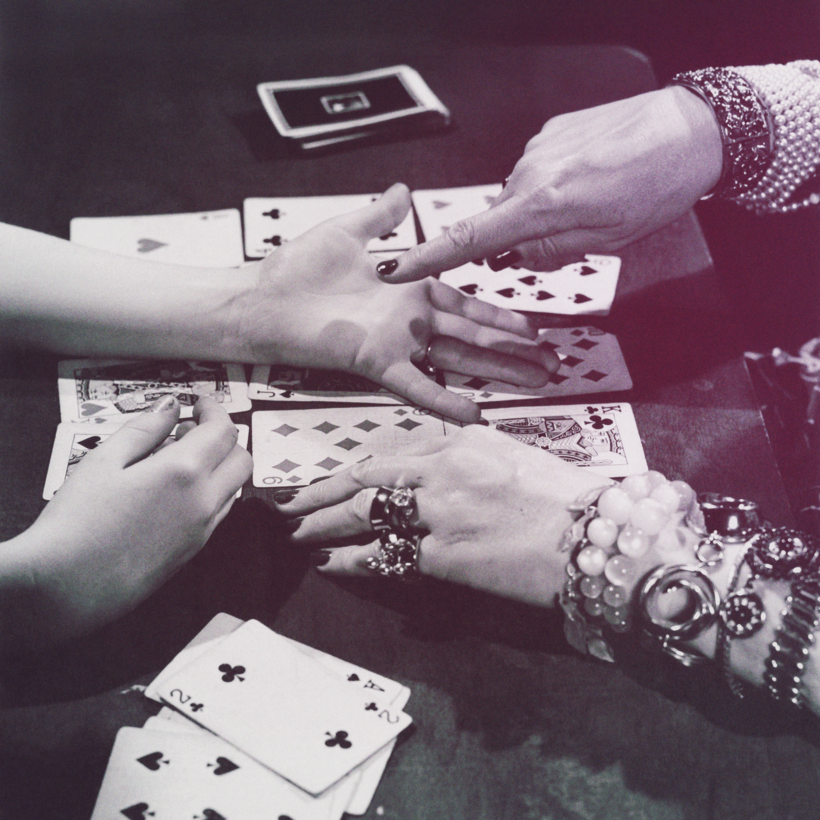Are you the kind of person who gets anxious before parties? Because you’re worried the cheese you picked is dumb? Or your sweater is patently ridiculous? Or because you have the sneaking suspicion that you just aren’t very interesting? Because it’s hard to come up with a single thing to talk about that you are not pathologically bored by hearing yourself say? And the idea of seeing that fact registered in the eyes of another human being while standing over your baked Brie—which is, in fact, a dumb cheese, God how could you have served it—is too much to bear?
Well, don’t worry. This is normal. Social anxiety is one of the best reasons to never leave your home or let anyone else inside it. It’s enough to make you never want to throw a party. But if you have to anyway, one thing you can do is hire a magician.




